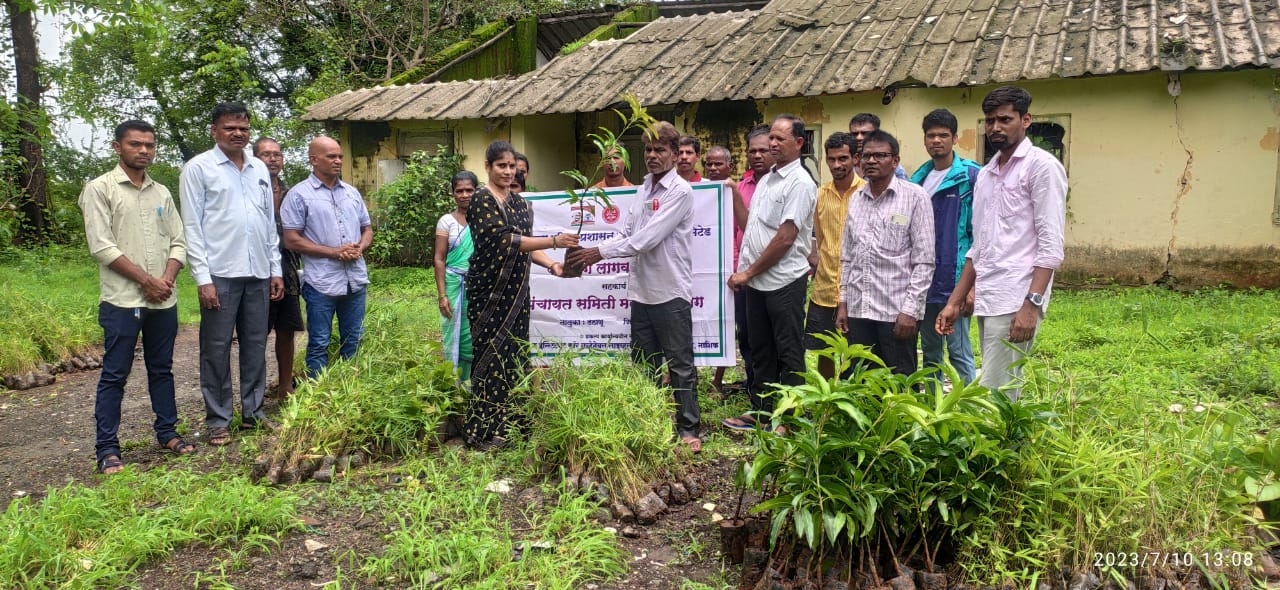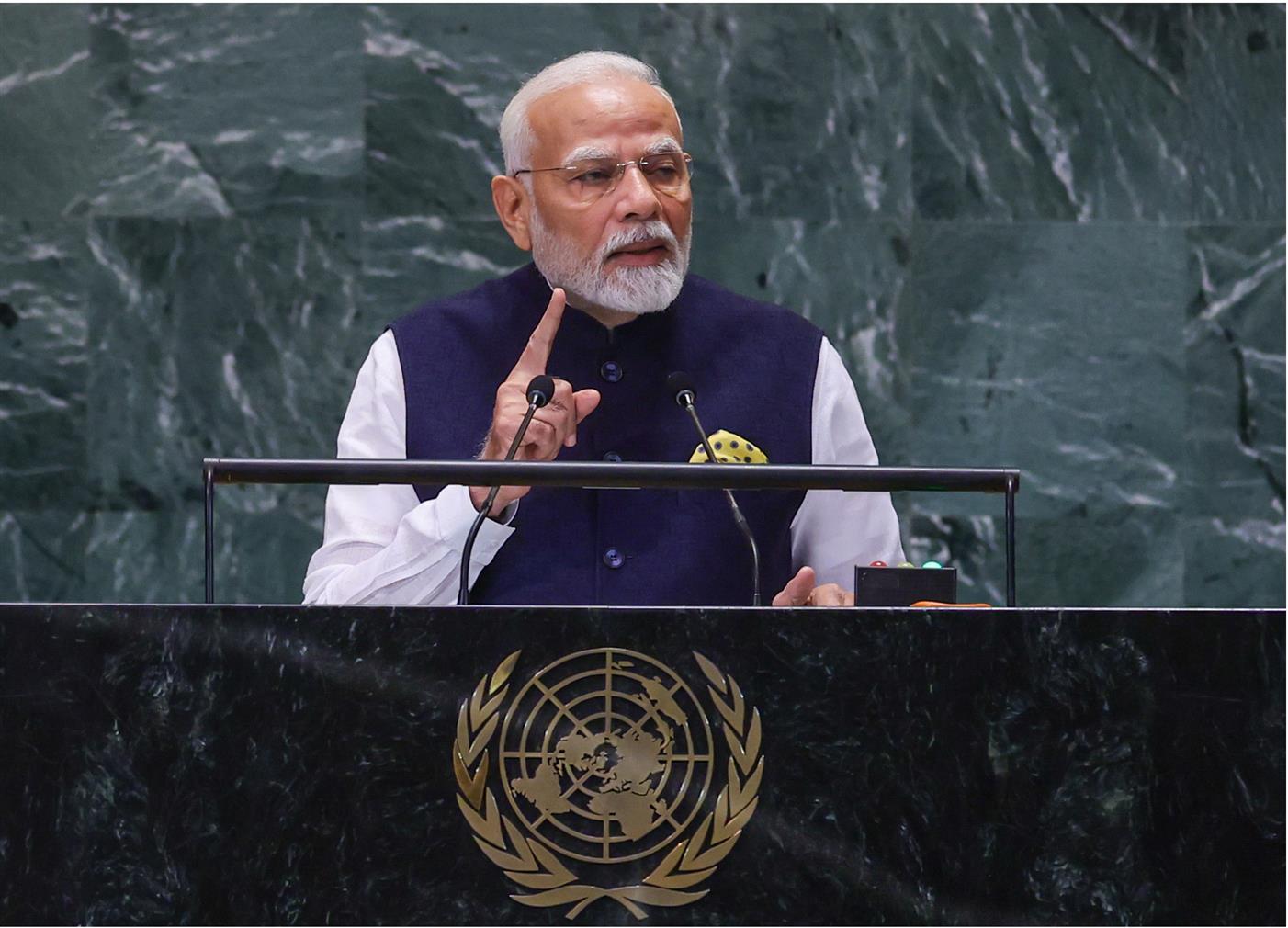Tata Motors expands Maharashtra green canopy with one million trees

NEW DELHI: Tata Motors has launched a transformative initiative known as the ‘One Million Plantation’ project. This aims to bring new hope to local communities in Palghar district by planting 1.5 million fruit and forest saplings across 13,000 acres in eight blocks. This effort has revitalized once-barren land, providing sustainable income opportunities for residents through the Integrated Village Development Programme (IVDP).
By leveraging the MNREGs scheme for sapling care and subsequent sales of produce, the initiative has supported 13,000 farmers, transforming unutilized farmland into productive orchards (Wadis). This has not only boosted local economies but also enhanced nutrition levels among Below Poverty Line (BPL) families with nutrient-rich fruits. The project is a collaborative effort where Tata Motors covers sapling costs and provides technical support, while the BAIF Institute for Sustainable Livelihoods and Development (BISLD) offers training. Government funding through MNREGS ensures farmers receive wages based on sapling survival rates, directly benefiting their livelihoods.
Vinod Kulkarni, CSR Head at Tata Motors, said, ‘The One Million Plantation initiative can be viewed as a twin-pronged strategy – to strengthen our economy and ecosystems – by nurturing both the land and the lives. This initiative symbolises our firm dedication to supporting Indian tribal communities by creating sustainable livelihoods. As the monsoon sets in, we are on course to add another One Million Trees to the Palghar district’s natural habitat. Our collaboration with BISLD and the state government demonstrates our shared vision and commitment towards nation building. Together, we are not just planting trees; we are cultivating hope for a greener and more prosperous tomorrow.’
In 2018-19, Tata Motors initiated a pilot project based on the livelihood-oriented Wadi model. This involved cultivating fruit and forestry trees, alongside suitable intercrops, on previously barren or underutilized land. In Palghar district, the pilot program aimed to plant 100 fruit trees (mainly mango and cashew) and 100 forestry trees per acre.











